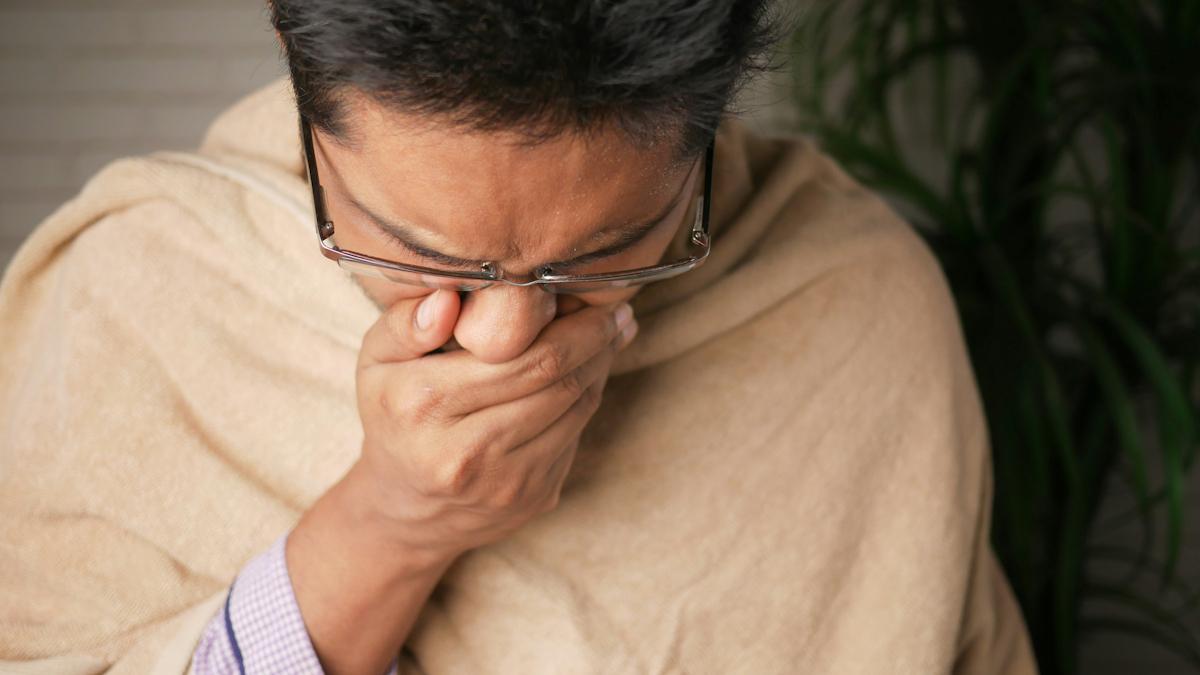First-in-class hay fever immunotherapy backed for NHS use

A once-daily tablet that can help people suffering from hay fever caused by birch tree pollen, Alk-Abelló's Itulazax, has been recommended for NHS use by reimbursement authority NICE.
Itulazax (12 SQ-Bet) becomes an option for adults suffering from moderate to severe allergic rhinitis or conjunctivitis caused by birch pollen who remain symptomatic despite medicines used to alleviate symptoms, such as antihistamines and steroid nasal sprays.
Alk-Abelló said the guidance (PDF) makes Itulazax the first oral immunotherapy to be cleared for this type of allergy and could become a "fundamental life-changing shift in care" for an estimated 26,800 people living with the condition in England.
In the UK, this year's tree pollen season has started early due to warm weather, leading to higher pollen counts, according to University of Leicester researcher Dr Fiona Symon, who told the BBC recently that Birch is the tree pollen to which most people are allergic.
Like Alk-Abelló's other sublingual immunotherapy (SLIT) products, Itulazax retrains the immune system through a daily dose that dissolves under the tongue.
Earlier this year, the Danish company also won NICE's recommendation for Acarizax (12 SQ-HDM) as an option for treating moderate to severe house dust mite allergic rhinitis in people aged 12 to 65, although, a second use in allergic asthma due to house dust mites was rejected.
"Many people don't realise how awful it is having an itchy, runny nose, sneezing episodes or itchy, irritated eyes in the pollen season," said Amena Warner, head of clinical services at Allergy UK.
"We frequently hear from people who avoid time outdoors, keep doors and windows shut, check pollen counts and try and minimise any exposure, which takes a significant toll on their physical and emotional well-being," she added.
"NICE's recommendation is so important because it provides a genuine opportunity for people to manage the root cause of their pollen allergy, offering the chance to break free from this burden and enjoy a better quality of life."
Alk-Abelló also said that, each year, the UK loses 3.2 million working days due to allergy-related absences, adding that severe tree pollen allergies place a considerable burden on the NHS, as the pollen season drives more people to visit their GP and specialist care.
Meanwhile, students with hay fever are 40% more likely to drop one or more grades between their practice and final exams during the pollen season, according to the company.
Photo by Towfiqu barbhuiya on Unsplash












